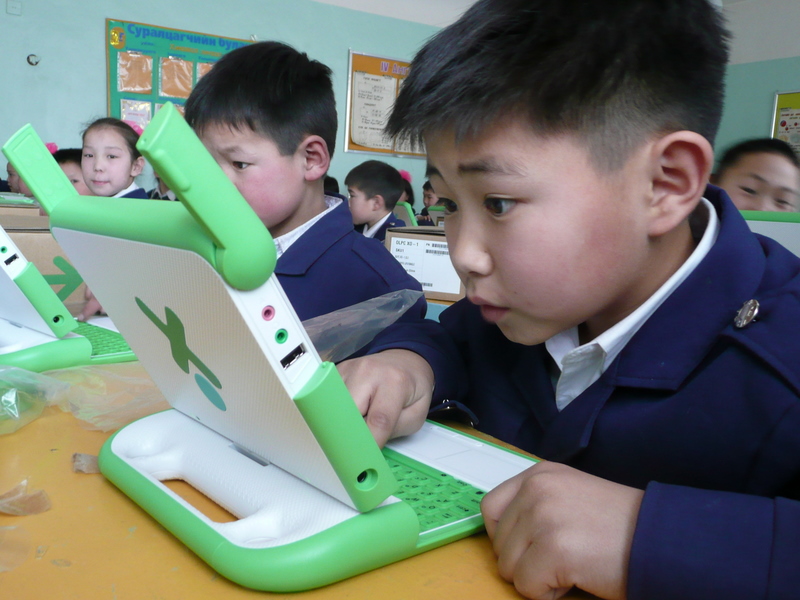
China is known for a number of authoritarian rules that many critics are not very happy about. The latest is that China severely restricts children from playing video games. However, banning children from late-night gaming may attract very little criticism even from the most liberal corners of the world. According to a report published in The Guardian, those who are under 18 cannot play any video game between 10pm and 8am. They can play video games only for 90 minutes per day in a week.
China is right in recognizing video game addiction among youngsters. However, an outright ban may stifle young minds and cause them to live in a perpetual state of being policed. Later in this article, we evaluate the rationale of banning game time and intruding into children’s lives.
Let us take a look at how China is grappling with its video game addiction problem.
- Those who are under 18 cannot play any video games between 10pm and 8am
- During any week, kids can play games for 90 minutes in a day
- During the weekends, they can play continuously for 3 hours.
- in a month, those who are aged between eight and 16 can spend only $29 on online games
- Those who are aged between 16 and 18 can spend $57 a month
- All kids will have to provide their real names and identification when they log on to online gaming websites
- National Press and Publication Administration plans to enforce these regulations very strictly, and we can trust them for doing just that
China Severely Restricts Children from Gaming: The context
Xi Jinping, the Chinese premier has proposed and guided these bans. He is known for its authoritarian rule and is notorious for his distaste for video games. In fact, he blamed video games for contributing to myopia among children. Consequently, China’s education ministry has been under increasing pressure from all quarters of the Chinese government to put some sort of regulations in place.
In addition, Chinese authorities plan to “clean-up” online material and media content. For instance, sexually explicit and violent video games will be banned. Also, there will be a ban on games that feature gambling.
Yet, questions were already swirling on Weibo about how these curfews can be enforced. Weibo is China’s most popular social media tool. As some readers have suggested, kids can always use their parents’ identification to get around the laws and play whatever they choose to. In addition, Chinese youngsters are digitally literate and know how to use VPNs to get around bans. As far as the Chinese authorities are concerned, they plan to closely monitor everyone’s activities to keep people in their tracks.
There is no rationale for banning video games
George Orwell’s 1984 and Animal Farm are both a cliché in terms of governmental intrusion and super-surveillance. Yet, China is doing exactly that and even has a point-based system to assess how a citizen behaves. All these raise ethical and moral questions that may not work elsewhere in the world. If you were planning for a similar ban in your country, it will most likely not work. Children and teenagers know how to use VPNs and get around rules. In addition, banning anything is never a matured thing to do, and works as negative reinforcement.
Back in the days, when China didn’t have these bans, people were buying Xbox One burgers in China. These burgers may come with a warning or government propaganda material that advises children and teenagers not to play video games. Alibaba, which had planned to launch its own streaming service in China, may have to play by Xi’s rules as well.










